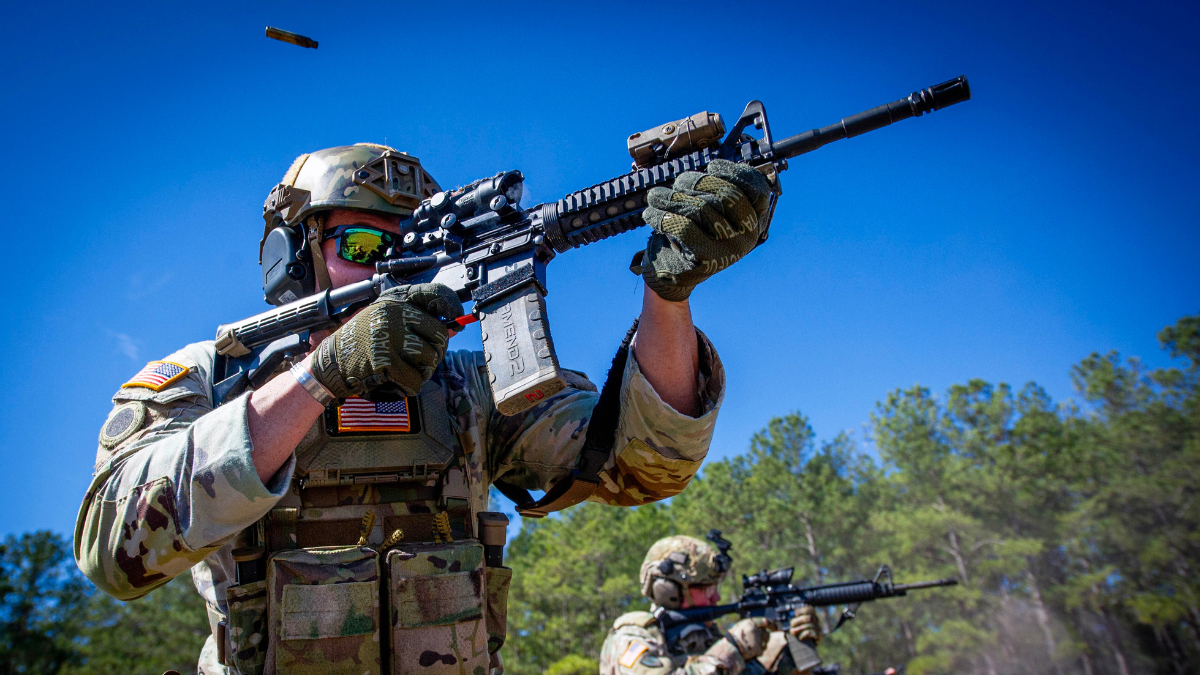Psychologist warns: Computer games mimic military training.
Violent Entertainment: A How-To Manual for Killers?
As mass shootings continue to make headlines, one man has spent years studying the factors that drive individuals to commit acts of violence. According to retired U.S. Army Lt. Col. Dave Grossman, it is clear that violent entertainment plays a significant role in shaping the minds of potential killers.
Grossman, a psychologist, author, and public speaker, compares the influence of violent media to the conditioning that soldiers undergo during military basic training. He argues that the media, particularly computer games, normalize abnormal behavior and even reward injury and death.
“This is pathological play; this is dysfunctional play,” Grossman told The Epoch Times.
A resolution passed by the American Psychological Association (APA) in 2015 supports Grossman’s claim. The resolution states that scientific research has shown a connection between violent video game use and increases in aggressive behavior, as well as decreases in prosocial behavior and moral engagement.
Some believe that for children, playing video games that depict cartoon violence can have the same effect as seeing real violence. (Alex Haney/Unsplash)
Debating the Connection
While Grossman’s claims are supported by the APA, critics argue that the link between violent entertainment and actual violence is weak. Chris Ferguson, a psychology professor, has conducted meta-analyses of several studies and found little evidence to support Grossman’s assertions.
However, Grossman stands by his argument. He believes that video games teach killing through a process called “operant conditioning,” similar to how soldiers are trained. This conditioning creates automatic responses to threatening or hostile behavior, known as “muscle memory.”
Members of the 182nd Infantry Regiment load their weapons with live ammunition during training at Fort Dix in New Jersey. (Joseph Prezioso/AFP via Getty Images)
Grossman points to the changes in military training methods after World War II as evidence of the effectiveness of conditioning. The U.S. military adapted its training to increase soldiers’ firing rates, which had been alarmingly low during the war. Grossman argues that first-person shooter games provide similar training experiences.
While critics like Ferguson argue that millions of gamers never engage in real-world violence, Grossman believes that the desensitization to violence and the association of pleasure with violent activities can have damaging effects, especially on children and young adolescents.
A competitor at her computer terminal during a gaming event. (Hugh Hastings/Getty Images)
The Role of Fun
While critics argue that people can distinguish between fictional violence and reality, Grossman believes that the element of fun in violent games is part of the problem. He points to games like “Grand Theft Auto,” where players are rewarded for violent acts, including carjacking and killing. Grossman warns that children and young adolescents may struggle to differentiate between the game’s realism and real-life consequences.
However, Ferguson counters that critics often selectively blame games for crimes, ignoring instances where perpetrators had no history of gaming. He suggests that focusing on mental health care and building better facilities is a more effective solution.
Responsibility of the Media
Grossman agrees that mental health care is crucial, but he also believes that the media must take responsibility for its marketing and handling of violent content. He argues that computer games receive most of the blame, but movies and television programs also contribute to the problem.
“It’s time the media man up and accept some responsibility,” Grossman said.
A Historical Perspective
This is not the first time a new technology has faced scrutiny. In the early 20th century, films depicting prizefights were regulated due to concerns about violence. The Supreme Court even ruled that movies were not protected by the First Amendment.
While the debate continues, it is clear that the influence of violent entertainment on individuals, particularly young people, is a topic that requires further examination.
" Conservative News Daily does not always share or support the views and opinions expressed here; they are just those of the writer."





Now loading...